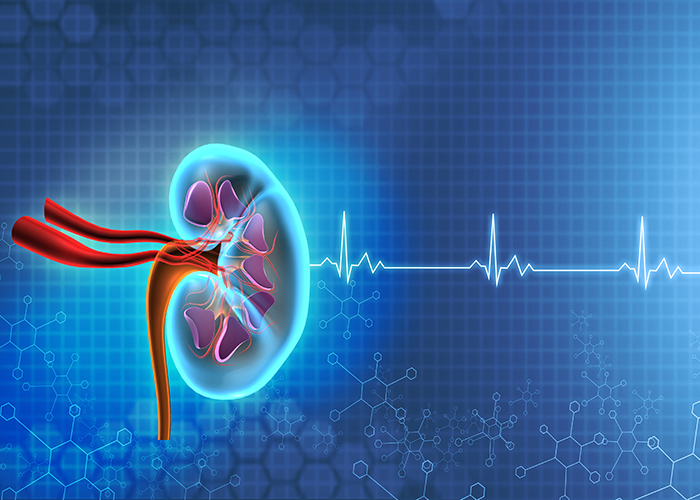
Chronic Kidney Disease: Prevalence, Risks and Strategies to Improve Diagnosis and Outcomes
More than 1 in 7 adults in the U.S. are estimated to have chronic kidney disease (CKD), that’s 37 million people in the U.S.—90% of whom aren’t aware they have diminished kidney function.
Kidney disease also increases the risk for having heart and blood vessel disease. Laboratory testing is critical for early detection and guiding treatment can often keep CKD from getting worse. When kidney disease progresses, it may eventually lead to kidney failure, which requires dialysis or a kidney transplant to maintain life.
To address this underrecognized public health issue, both the National Kidney Foundation (NKF) and the American Society of Nephrology (ASN) Task Force have developed new kidney disease testing recommendations that focuses on the elimination of health disparities to improve quality of care for everyone.
What you will learn:
- What is chronic kidney disease and its prevalence?
- What are the health implications of CKD and the global burden of the disease?
- Why is CKD underdiagnosed?
- How to optimize laboratory evaluation of CKD?
Speaker:

Josef Coresh, MD, PhD
- John Hopkins University professor
- International expert on kidney and cardiovascular disease epidemiology
- Co-PI CKD Prognosis Consortium
- Analysis Workgroup Founding Member
- CKD-EPI Collaboration
Webinar Keeping It Renal
Learn indications of urine sediment biomarkers and how particle optimization identification on DxU Iris impacts diagnoses and patient outcomes.
Watch now English
English


